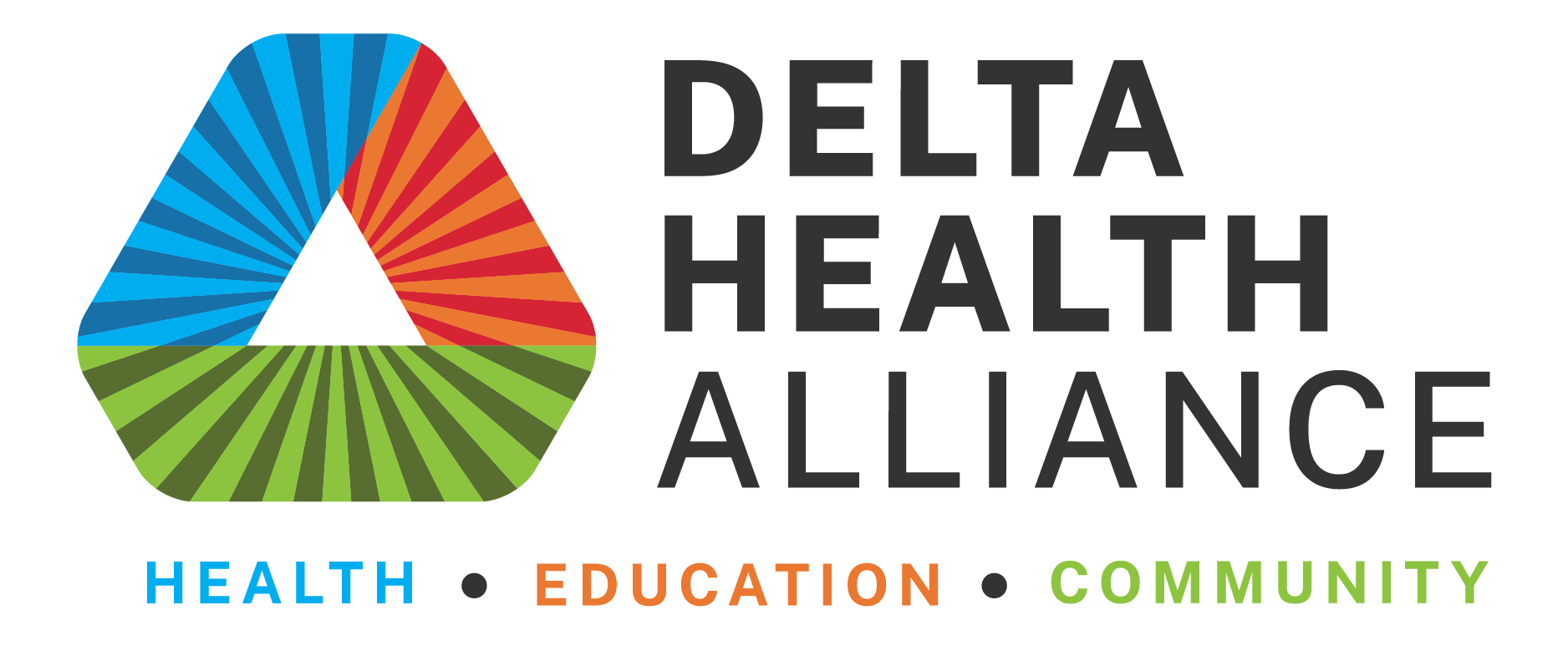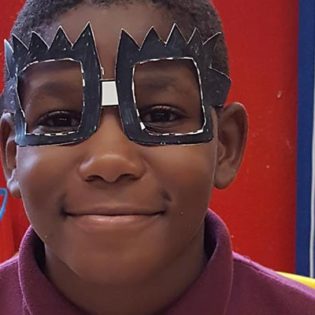STONEVILLE, Miss. – They were seven links in a chain, all sitting together to learn the best ways to connect children and their parents to programs for success in the Deer Creek Promise Community (DCPC).
Dorothy Fowler, Damita Little, Detrina Tucker, Tara McClinton, Tiffany Denson, Jarvis Moore and Kyree Smith. They’ve worked with hundreds of families in Leland, Indianola and Hollandale in a community-based program that’s helping children become better students and adults to become better parents.
Overseen by the Delta Health Alliance (DHA), the program is called LINKS (Linking Individuals, Neighborhoods and Kids to Services). LINKS has recently transitioned from the Indianola Promise Community to the DCPC.
“One of our most important goals is to build a rapport with these families, and that’s not always easy” explained associate Detrina Tucker. “We want them to know we’re here to help with all aspects of their child’s life – testing, school attendance, behavioral issues.”
Associates enter the homes of DCPC families to help ensure they’re linked to the best programs for them, individually, and as a family, said Margaret Cotton, a DHA project director who coordinates the program. Associates explore how students are performing in school, working with parents and schools to provide the best paths for success.
“We work to build that trust,” said associate Kyree Smith. That begins the moment a LINKS associate calls a family member to make introductions. Associate Tara McClinton chuckles when asked about the first question she usually gets: “They always say, ‘how’d you get my phone number?’ Then I explain that we’re here to be partners with them and the school system. I let them know it’s all positive. They let their guard down a little after that.”
LINKS associates have a host of responsibilities, including:
- Meeting with students, parents, intervention team to provide assistance with issues ranging from academics, peer pressure and bullying to truancy, substance abuse and self-esteem.
- Working with school, Head Start and child-care staffs to assess high-risk situations and make immediate recommendations and referrals.
- Working with students and their families to develop strategies for addressing their emotional and basic needs.
- Serving as liaisons and advocates between student, home, school and community resources, such as family service agencies, mental health clinics, courts, protective services, doctors and clergy members.
- Conducting home, agency and community-based visits.
“The whole purpose is to try to build the capacity for the family to become self-sustaining,” said associate Jarvis Moore. That means letting go at some point. Most times, the families are ready, he said.
Said Cotton: “It’s about finding answers, looking for solutions to issues that are affecting everyone involved. If we do that, then we’re ultimately helping these students reach their potential and helping parents understand what it takes and where to go for that to happen.”


